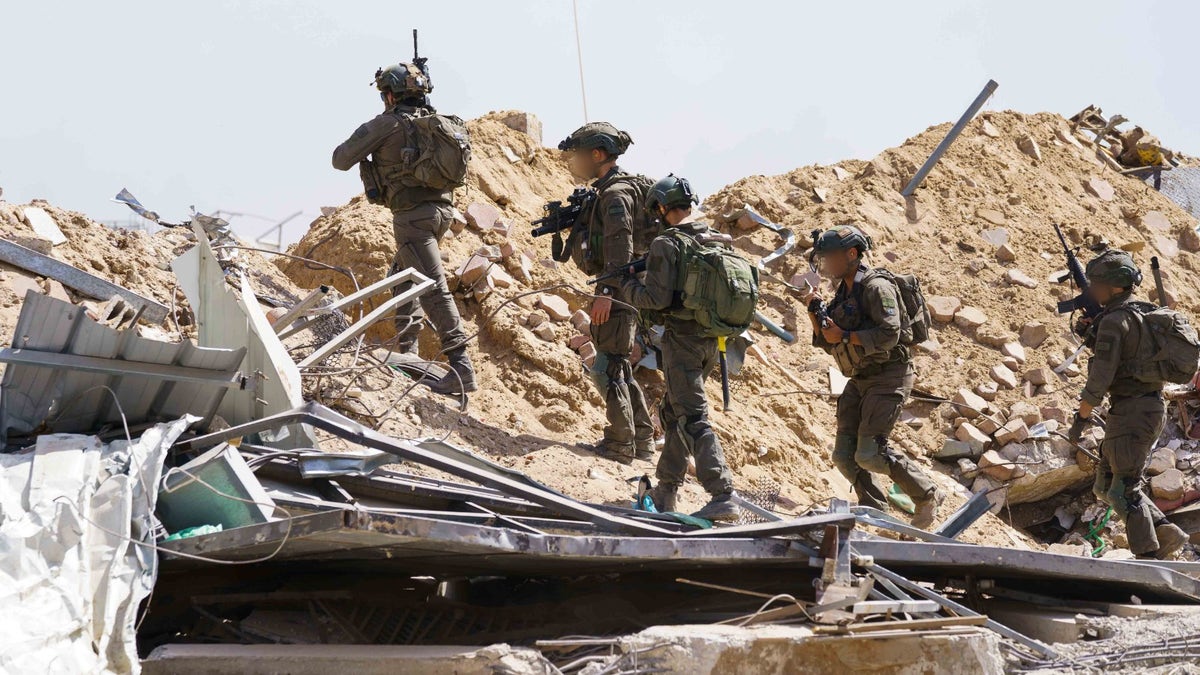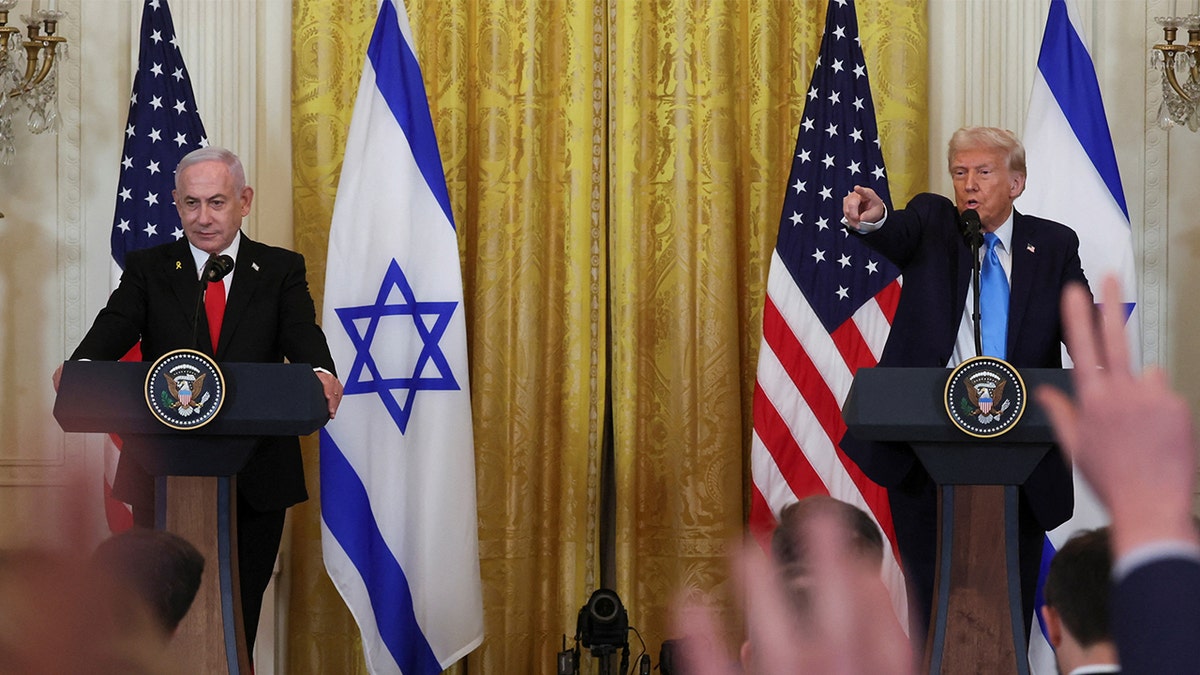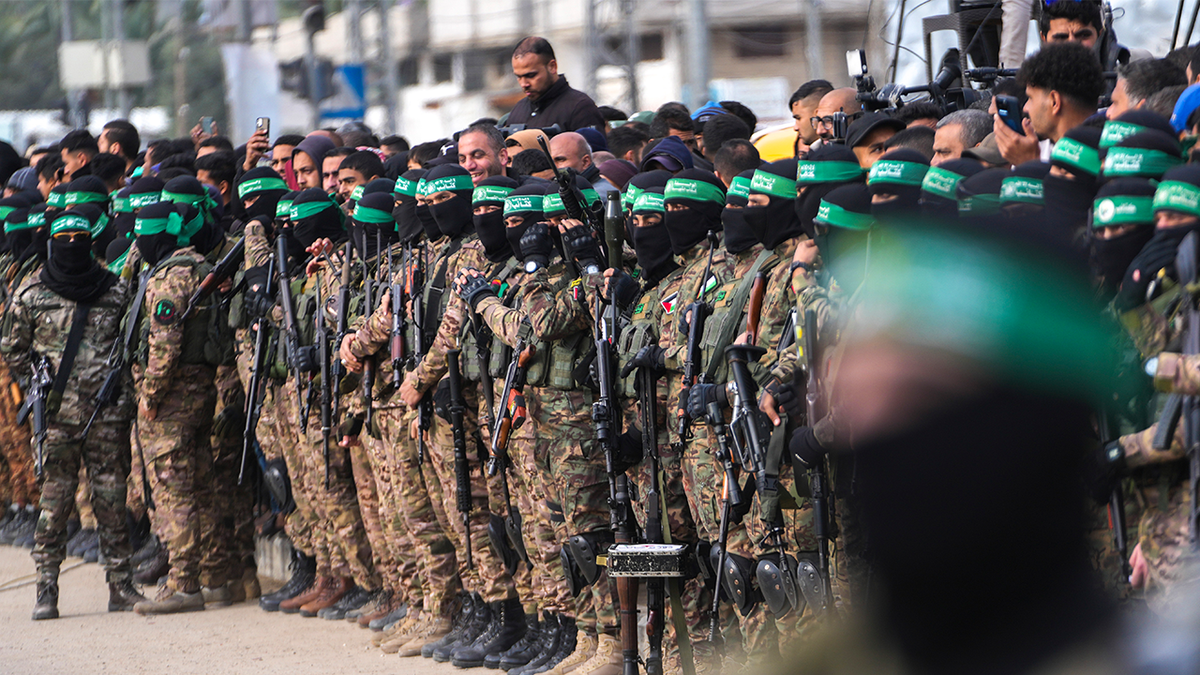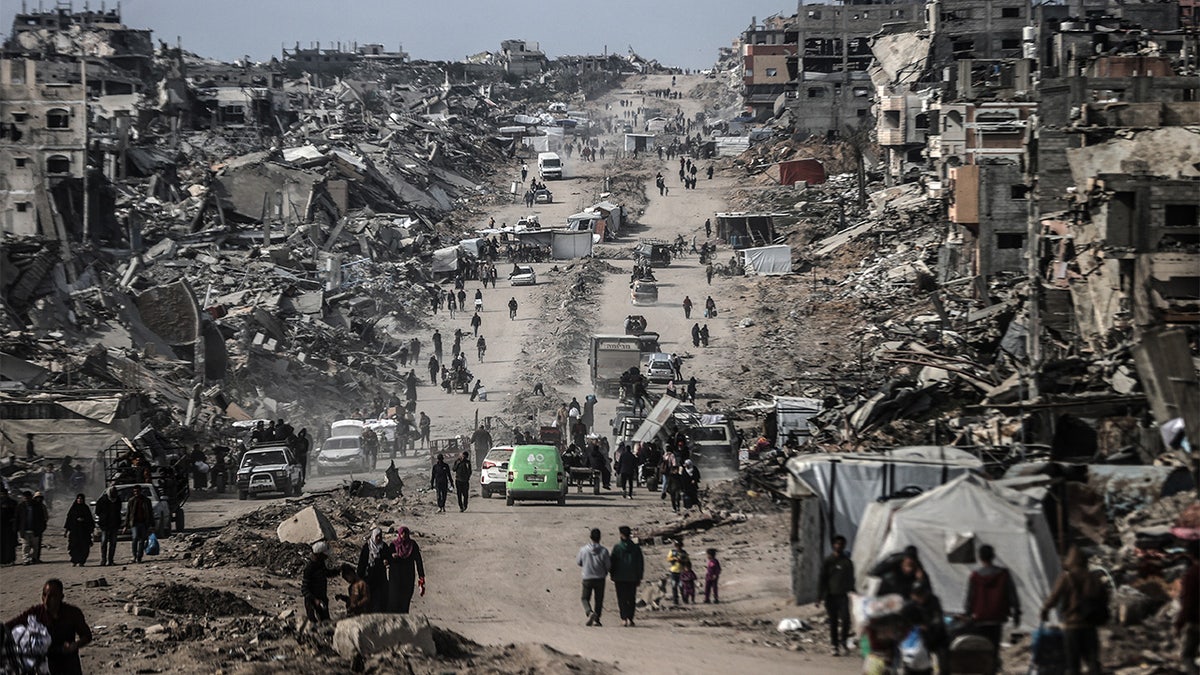With the initial phase of the Israel-Hamas ceasefire nearing its end, Israel is contemplating its next move as pressure mounts for the release of all hostages. Military experts in Israel have offered their perspectives on potential scenarios should the truce falter.
Major General (res.) Yaakov Amidror, former Israeli National Security Council chief, believes that a collapse of the ceasefire would lead to a full-scale war in Gaza, leveraging significant military force now available due to the ceasefire in Lebanon. He suggests Hamas’s understanding of this potential outcome is a key reason for the current truce holding.

Israeli Prime Minister Benjamin Netanyahu recently reaffirmed a shared strategy with the US, emphasizing the dire consequences if hostages are not returned. Lt. Col. (ret.) Jonathan Conricus, a former IDF spokesperson, anticipates a more intense conflict with fewer limitations should fighting resume, with the objective of defeating Hamas and controlling the distribution of humanitarian aid.

Former IDF intelligence chief Amos Yadlin highlighted the unusual circumstance of one warring party facilitating the other's survival through aid. He also pointed to the lifting of restrictions on certain munitions under the current US administration, which could significantly impact future conflict. The recent arrival of MK-84 munitions underscores the strong US-Israel alliance.

According to Maj. Gen. (Ret.) Giora Eiland, former head of the Israeli National Security Council, the most impactful pressure point would be to disrupt the flow of essential supplies into Gaza. This, he believes, could compel the release of hostages.

The IDF has reinforced troops and mobilized reservists in anticipation of renewed conflict, but declined to comment on Hamas's remaining arsenal. Estimates suggest a significant depletion of Hamas's missile stockpile. Experts speculate that escalated conflict could involve greater use of heavy weaponry and a shift in Israeli strategy to maintain territorial control, hindering Hamas's ability to regroup.

This potential shift in approach could be crucial for realizing the long-term vision of transforming Gaza, a concept discussed by US and Israeli leadership. Meir Ben Shabbat, former head of the Israeli National Security Council, stressed the importance of Hamas’s collapse, demilitarization of Gaza, and creating conditions for lasting security for Israelis. Netanyahu is set to convene the Security Cabinet to discuss the next phase of the agreement.
Comments(0)
Top Comments